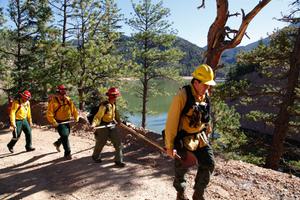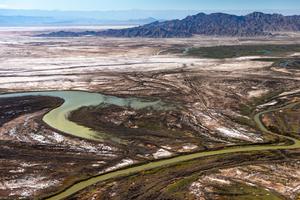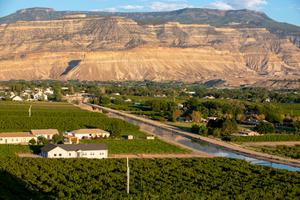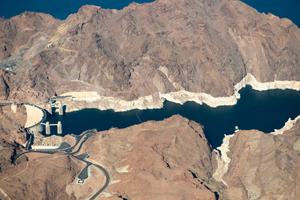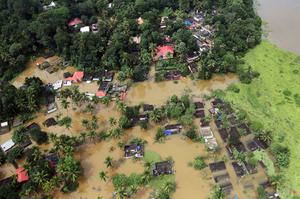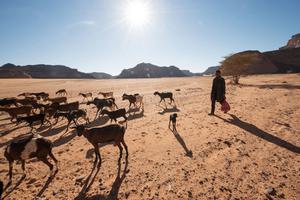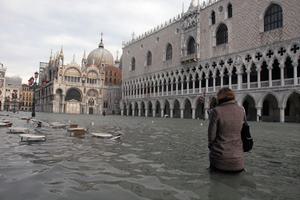In Cities
Water
-
CRISIS ON THE COLORADO: PART V
Restoring the Colorado: Bringing New Life to a Stressed River
-
CRISIS ON THE COLORADO: PART IV
In Era of Drought, Phoenix Prepares for a Future Without Colorado River Water
-
Crisis on the Colorado: Part III
Running Dry: New Strategies for Conserving Water on the Colorado
-
Crisis on the Colorado: Part II
On the Water-Starved Colorado River, Drought Is the New Normal
-
Crisis on the Colorado: Part I
The West’s Great River Hits Its Limits: Will the Colorado Run Dry?


